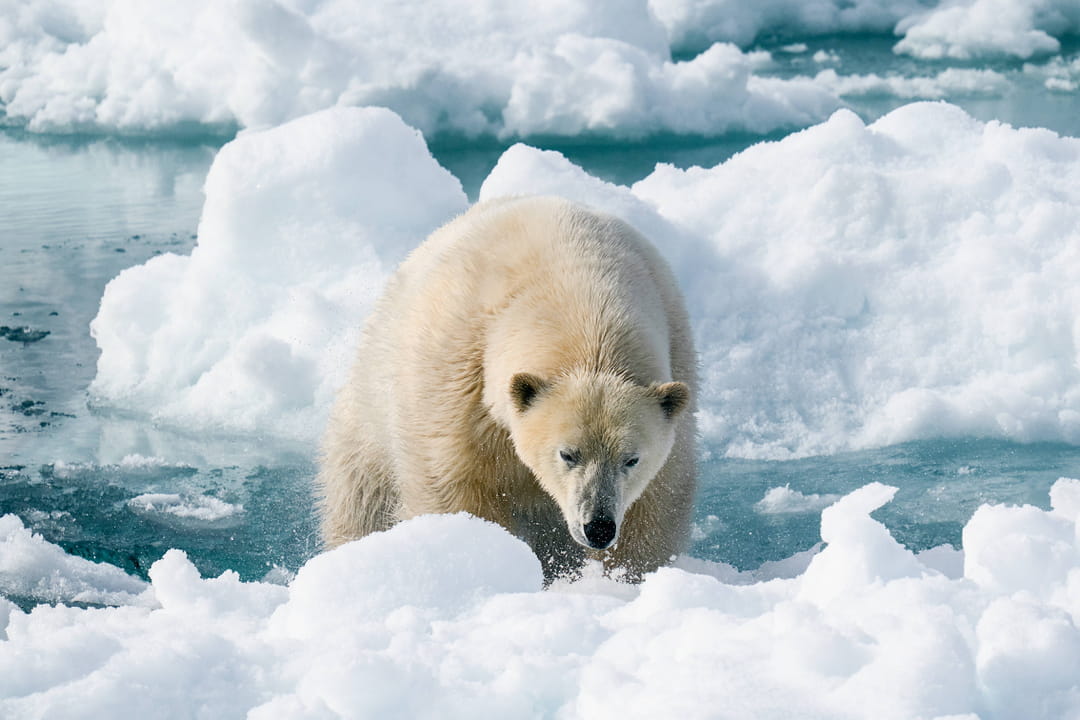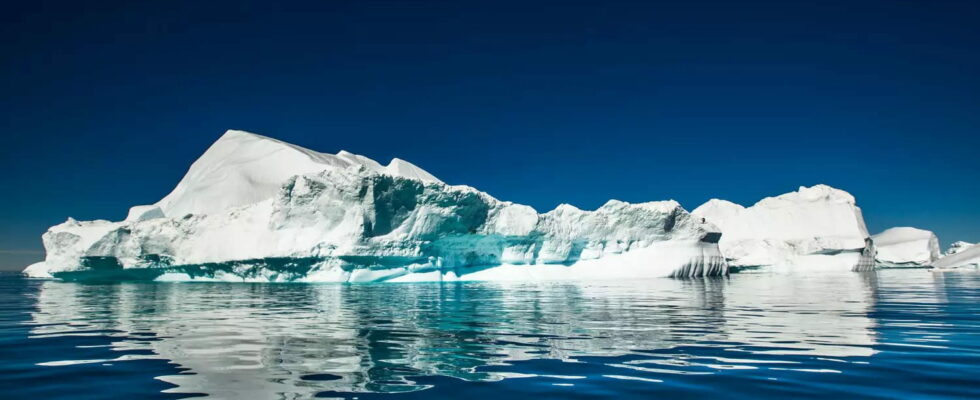Global warming threatens to upset the Arctic. According to experts, the last ice zone in the region could soon disappear.
The generalized melting of glaciers is no longer a surprise. With 13% of ice lost every decade, the Arctic pack ice warmed twice as quickly as the rest of the globe, reports The intergovernmental group of experts on climate development (IPCC). And a new point of no return may be reached considering the recent results of a scientific team from McGill University in Canada.
Far from encouraging, their data On the “last ice zone” of the Arctic reveal the consequences of global warming in this region of several hundred thousand square kilometers. So far, climate models, however, encouraged the permanence of this area. And for good reason: thanks to her unique ecosystem, she was likely to escape the complete summer disappearance of the Arctic Banquise, expected by the middle of the century.

But these projections were called into question by new models, more efficient. The latter predict a considerable slimming of the summer coverage of the region by 2050. This accelerated melting of ice may have terrible consequences: elevation of sea level, climate change, imbalance in the food chain. .. To compensate for the decline in glaciers, polar bears are indeed forced to use up to four times more energy to survive, according to a study published by The Guardian.
But how does this phenomenon are part of the natural cycle of the ice floe? Each winter, the Arctic Ocean freezes, forming a seasonal pack ice about a meter thick. But with global warming, its summer cast iron accelerates. However, if a moderate melting allows you to transport the ice to the north – where it accumulates to form the “last zone of ice” – this balance is today threatened due to the decline in this essential glacial enclave Arctic.
“Considering these results, it is more than ever urgent to reduce our climate impact to ensure stable projections for the last ice zone where essential habitats of the Arctic reside,” insists Madeleine Fol, climatologist at McGill University .
